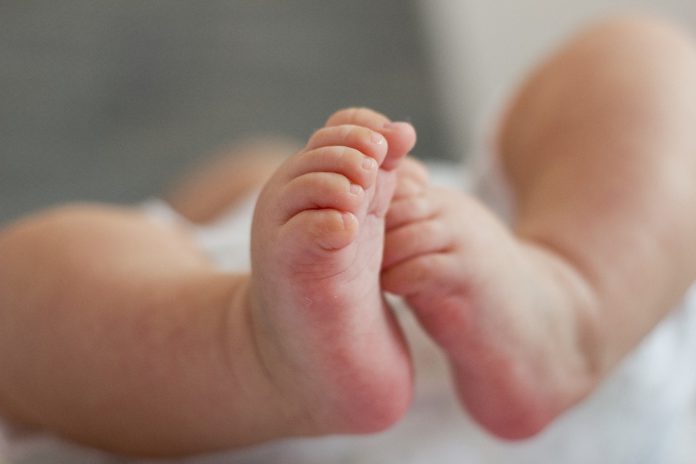A joint investigation by JoyNews and Nigeria Health Watch has revealed a troubling public health crisis in Ghana: parents are bleaching the skin of their babies and young children using toxic and banned substances.
In areas like Chorkor, a densely populated fishing community in Accra, lighter skin is increasingly viewed as a status symbol—and children have become the newest victims of this dangerous trend.
Mothers are applying creams containing banned and harmful ingredients such as hydroquinone, mometasone, and tretinoin—substances prohibited by Ghana’s Food and Drugs Authority (FDA). In more extreme cases, some parents even resort to using household bleach, including hypochlorite-based products like Parazone.
Caro, a fishmonger and mother of two, admitted to bleaching her children’s skin as early as age three.
“They were born dark. I didn’t like that,” she confessed. “Now their skin is lighter. That’s beauty.”
She uses a product called Skin Light, one of the most popular on the market despite containing banned chemicals. Though Caro is aware of the dangers, she continues the practice. “Yes, it can cause kidney failure or skin cancer. But I’ve found my way around it,” she claimed. The financial cost, she added, is high—but the social pressure is even higher.
Caro is not alone.
Naa Ashorkor, another mother in Chorkor, said that maintaining fair skin is a major priority for many parents in her community. “Some use bleach found in detergents,” she said. “It’s what makes them look acceptable.” In their eyes, fair skin symbolizes beauty, class, and opportunity.
Emmanuel Nkrumah, Head of Cosmetics at the FDA, warned that the use of hypochlorite and similar chemicals on human skin—especially that of children—is extremely dangerous. “It’s not designed for the skin. It’s toxic,” he stressed.

The obsession with skin lightening has gone beyond creams. Some women now undergo intravenous treatments, injecting bleaching agents directly into their bloodstream. These procedures are often offered at unlicensed beauty clinics across urban areas, costing as much as GH¢1,500 per session.
Dr. Titus Beyuo, a gynaecologist and former Deputy General Secretary of the Ghana Medical Association, confirmed a rise in the number of mothers bleaching their newborns. He revealed that, in some cases, the motivation is to avoid questions about the baby’s paternity. “It’s happening more than we think,” he noted.
Back in 2018, the FDA issued a public warning against the use of cosmetic pills by pregnant women attempting to lighten their unborn children’s skin. Today, intravenous bleaching poses an even greater threat. “It affects every part of the body,” Dr. Beyuo warned.
Presidential Advisor on Health and former Director-General of the Ghana Health Service, Dr. Nsiah Asare, condemned the practice.
“Parents do not have the right to bleach their children. There are laws to protect children from harmful practices,” he said.
Although research on child skin bleaching in Ghana remains limited, the World Health Organisation estimates that over a third of Ghanaians use skin-lightening products. In Nigeria, the figure is as high as 77%, while in Mali it’s around 25%.
In Chorkor, the practice is deeply ingrained. Residents like Quaynor Allotey, whose own sisters bleach their children’s skin, are alarmed but often feel powerless. The community’s perception of beauty—closely tied to skin tone—continues to fuel the demand.
Behind every bottle of bleaching cream and every bar of whitening soap lies a painful truth: children are being taught that their natural skin is not enough. The harm is not only physical but also psychological, cultural, and generational.
But this cycle can be broken.
The true beauty of Ghana lies not in the colour of one’s skin, but in the strength, diversity, and dignity of its people. It’s time to say enough. We must protect our children.
Let this documentary be more than a report. Let it be a call to action—for public education, stronger regulation, and a national cultural awakening.
No child should grow up believing they must change their skin to be loved, accepted, or respected. Let self-worth shine brighter than any cream ever could.
This investigation was supported by Nigeria Health Watch.
Source: Kwetey Nartey
ALSO READ:



